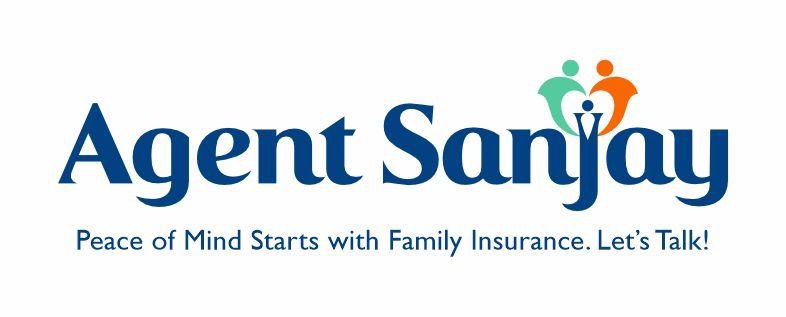Aadhaar linking with bank accounts, mobile numbers: Supreme Court extends March 31 deadline indefinitely
In a major relief to those who still haven't linked their Aadhaar cards with bank accounts and mobile numbers, the Supreme Court on Tuesday extended the deadline from March 31 indefinitely till the final judgement in the controversial case. The apex court is hearing the case on the constitutional validity of the government's biometrical identification scheme.
However, it is still mandatory to link your welfare schemes with Aadhaar to get benefits under Article 7 before the deadline. The SC bench, headed by Chief Justice of India Dipak Misra, said on Tuesday that the government can't insist on mandatory Aadhaar linking with mobile phones, passports, PAN, etc.
Just after the SC interim order, National Conference leader Omar Abdullah tweeted that he is not going to link "anything to Aadhaar until I absolutely have to"
n wake of the March-31 deadline, banks, and mobile service providers have been repeatedly calling and messaging customers to link the 12-digit Aadhaar number to avail the uninterrupted services. Though today's order applies for mobile numbers, tatkal passports, and bank accounts, people still have to connect their Aadhaar numbers with welfare schemes like Pradhan Mantri Ujjwala Yojana, Mid-day Meal Scheme, Mahatma Gandhi National Rural Employment Guarantee Act, 2005, among others.
Top 5 developments so far
- No need to connect Aadhaar with mobile phones, passport, and bank accounts till the final verdict in the Aadhaar case is pronounced.
- There's no new deadline to connect these services with the 12-digit Aadhaar number.
- The Supreme Court has not extended the deadline for welfare schemes like LPG, MNREGA,and ration card, among others.
- The SC has said the government can't insist on linking of Aadhaar with mobile phone, bank account, tatkal passport, etc.
- There are over 93 government-sponsored schemes that provide subsidy through the Direct Bank Transfer scheme. If you are one of the beneficiaries, connect it with the Aadhaar number before March 31.
On March 7, the government had told the Supreme Court that it might extend the deadline as some more time would be needed to conclude the prolonged hearing of the Aadhaar case. "We have extended the deadline in the past and we will extend the deadline again but we may do it by the end of month to enable the petitioners in the case conclude the arguments," said Attorney General K.K. Venugopal. The five-judge Constitution bench, comprising Chief Justice Dipak Misra and Justices AK Sikri, AM Khanwilkar, DY Chandrachud, and Ashok Bhushan, are hearing the petitions contesting the validity of the Aadhaar law agreed with his contention.
Earlier, senior advocate Shyam Divan, who led the arguments challenging Aadhaar and its enabling Act, had asked that the deadline of March 31 be extended as it was highly unlikely that the hearing in the case would conclude. Justice Chandrachud, too, had pointed out that even if the court reserved its verdict on March 20, the banks and other institution would have only 10 days left, which might be difficult. The Bench then called the Attorney General for assistance in the issue.
Recently, the industry body Assocham had also urged the government to relax the deadline for seeding bank accounts, especially the public sector banks. "Notwithstanding judicial scrutiny and government's well-intentioned moves, the banks, particularly those in the PSUs, may find it hard to complete the task of linking Aadhaar with the accounts of all the customers by March 31, 2018," Assocham said in a statement.
Following the unearthing of the massive fraud at Punjab National Bank and a few other banks, the PSBs are anyway fire-fighting to protect their core business and hard pressed for human and other resources required to take up the job of Aadhaar linkage, it explained.
As of March 2017, India issued 1.14 billion Aadhaar cards, covering 85 per cent of the population, as per the State of Aadhaar Report 2016-17. A year on, over 1.2 billion residents have been enrolled. According to the government, that's 99 per cent of the country's adult population.
